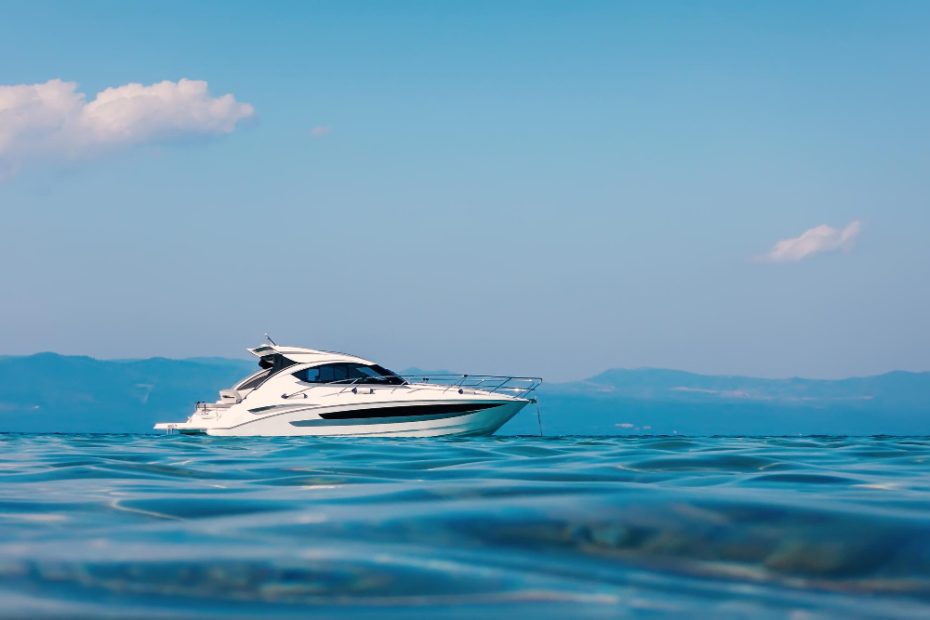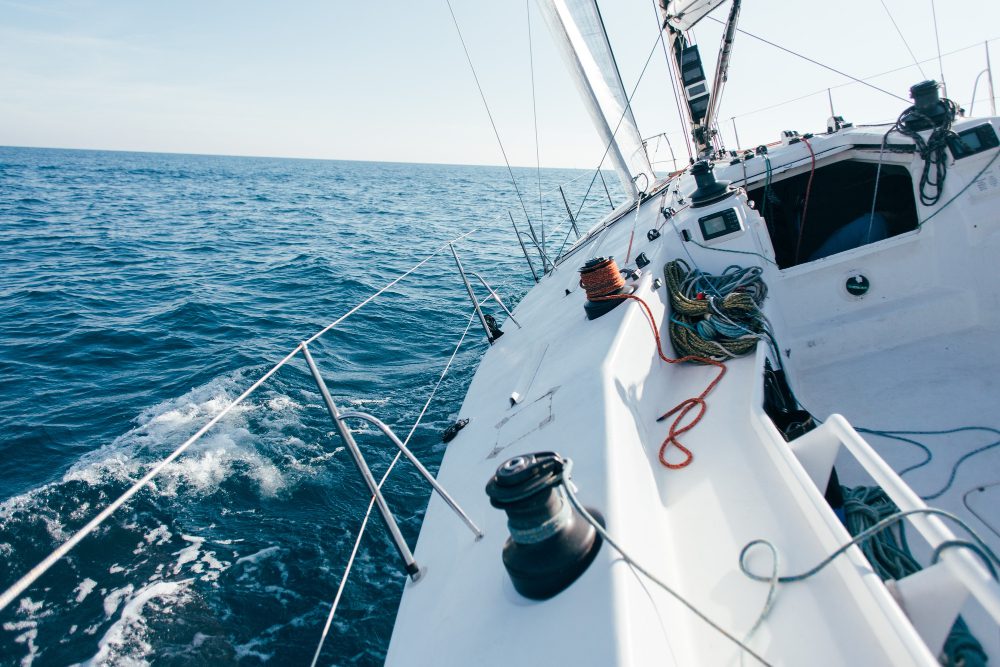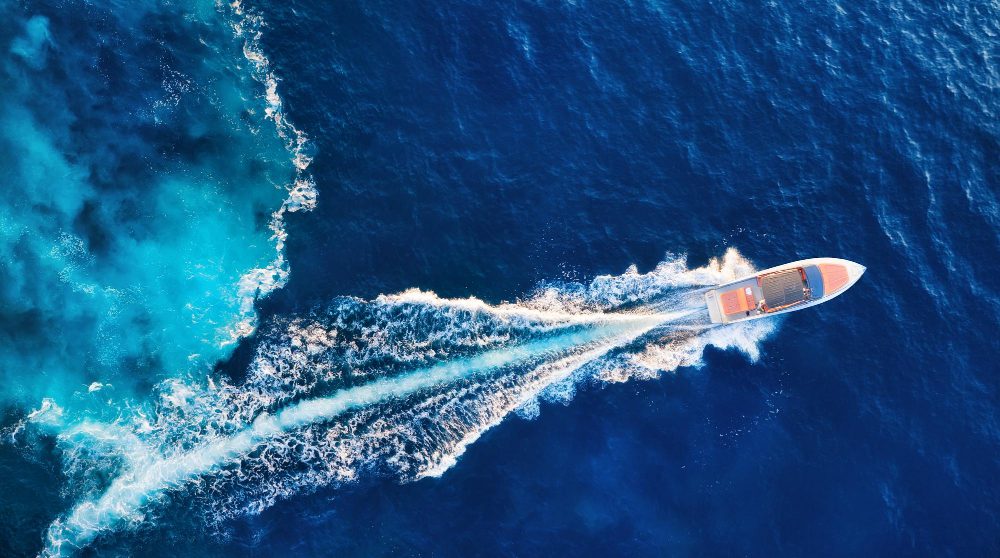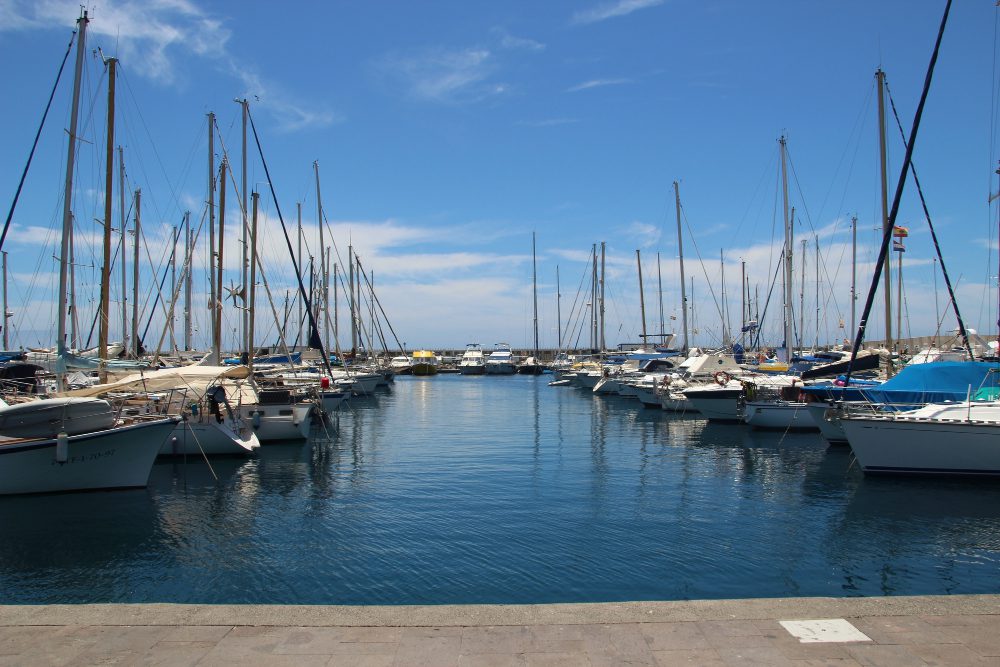What is the life expectancy of a marine diesel engine?
Marine diesel engines play a crucial role in powering ships and boats, enabling them to navigate through water with efficiency. But have you ever wondered how long these engines can last? The life expectancy of a marine diesel engine is an important factor to consider when investing in a vessel or planning for its maintenance.
Factors Influencing Life Expectancy
The life expectancy of a marine diesel engine depends on various factors, including:
- Quality of Manufacturing: Engines built by reputable manufacturers with robust quality control measures tend to have a longer lifespan.
- Maintenance: Regular maintenance, such as oil changes, fuel system cleaning, and inspections, greatly influences the engine’s longevity.
- Operating Conditions: How the engine is used, the load it carries, and the frequency and duration of operation all contribute to its life expectancy.
- Environmental Factors: The marine environment exposes engines to saltwater, moisture, and other harsh conditions, which can affect their durability.
Average Life Expectancy
While it is difficult to provide an exact figure for the life expectancy of a marine diesel engine due to the aforementioned factors, on average, these engines can last between 5,000 and 15,000 hours of operation. However, this range can vary significantly depending on the factors mentioned above.
“Proper maintenance and care can significantly extend the life of a marine diesel engine, ensuring optimal performance and reliability.”
Engines that are well-maintained, operated under favorable conditions, and regularly inspected can surpass the average life expectancy. On the other hand, engines that are subjected to neglect, harsh operating conditions, and inadequate maintenance may experience premature failures.
Extending the Life of a Marine Diesel Engine
To maximize the life expectancy of a marine diesel engine, several measures can be taken:
- Maintenance Schedule: Adhering to a regular maintenance schedule, including oil and filter changes, coolant flushes, and fuel system cleaning, can prevent premature wear and extend the engine’s life.
- Clean Fuel: Ensuring that the engine receives clean fuel free of contaminants is crucial to prevent damage to critical components and maintain optimal performance.
- Cooling System Maintenance: Regularly checking and cleaning the cooling system, including the heat exchangers and water pumps, helps prevent overheating and potential engine damage.
- Proper Break-in Period: Following the manufacturer’s guidelines for the initial break-in period allows the engine’s components to settle and function optimally, promoting longevity.
How many hours can you get out of a marine diesel engine?
When it comes to marine diesel engines, one of the most common questions asked by boat owners is about their life expectancy and how many hours they can expect to get out of them. While there is no definitive answer as each engine is different, several factors can give us an idea of what to expect.
1. Regular Maintenance
Regular maintenance is key to extending the life of your marine diesel engine. Following the manufacturer’s guidelines and performing routine checks, such as oil and filter changes, can help prevent major problems and increase the engine’s longevity.
2. Engine Type and Size
The type and size of the marine diesel engine also play a significant role in its lifespan. Larger engines generally have more robust components and can withstand higher operating hours compared to smaller engines.
3. Operating Conditions
Operating conditions can greatly affect the lifespan of a marine diesel engine. Engines used in rough seas or extreme weather conditions may experience more wear and tear, reducing their overall lifespan.
4. Fuel Quality
The quality of fuel used is crucial for the health and longevity of a marine diesel engine. High-quality fuel with low impurities ensures proper combustion and minimizes engine damage.
5. Load and RPM
The load and RPM (revolutions per minute) at which the engine operates also impact its lifespan. Operating the engine within the recommended RPM range and avoiding excessive loads can help extend its longevity.
6. Manufacturers’ Recommendations
It’s essential to adhere to the manufacturers’ recommendations for maintenance intervals, service procedures, and replacements. They have designed the engine and know best how to keep it running efficiently.
7. Hours of Operation
The overall lifespan of a marine diesel engine is often measured in terms of hours of operation. While the exact number varies, many experts suggest that a well-maintained marine diesel engine can last between 5,000 to 10,000 hours.
A well-maintained marine diesel engine can last between 5,000 to 10,000 hours.
8. Engine Age
The age of the engine also plays a role in its life expectancy. Older engines may require more frequent maintenance and replacement of certain components, reducing their overall lifespan.
9. Usage Patterns
Usage patterns can affect the lifespan of a marine diesel engine. Engines used frequently and consistently tend to have a longer lifespan compared to those that are used intermittently or left idle for extended periods.
10. Quality of Installation
The quality of the initial installation and ongoing repairs can impact the lifespan of a marine diesel engine. Proper installation ensures that all components are correctly aligned and operating optimally, reducing the risk of premature wear and damage.
In conclusion, the lifespan of a marine diesel engine can vary depending on various factors such as regular maintenance, engine type and size, operating conditions, fuel quality, load and RPM, manufacturers’ recommendations, hours of operation, engine age, usage patterns, and the quality of installation. By following proper maintenance practices and considering these factors, boat owners can maximize the longevity of their marine diesel engines.
What are the 10 various safety devices in a fuel system for a diesel engine?
A diesel engine requires a reliable and safe fuel system to ensure proper functioning and prevent accidents. There are several safety devices incorporated into the fuel system to safeguard against potential hazards. Let’s explore ten essential safety devices found in a diesel engine’s fuel system:
1. Fuel Filters
Fuel filters play a crucial role in removing impurities and contaminants from the fuel before it reaches the engine. They help prevent clogs and protect vital components.
2. Water Separator
A water separator is designed to separate any water present in the fuel. Water can cause damage to the engine and lead to fuel system failure, so a water separator is vital to maintain engine performance.
3. Fuel Shut-Off Valve
The fuel shut-off valve allows the operator to stop the flow of fuel in case of an emergency or maintenance. It is an essential safety device to prevent fuel leaks and fire hazards.
4. Flame Arrestor
A flame arrestor is commonly used in marine diesel engines to prevent any external flames or sparks from entering the fuel system. It helps avoid potential explosions or fires.
5. Fuel Pressure Relief Valve
This safety device regulates the pressure within the fuel system. It protects against excessive pressure build-up and ensures smooth fuel flow without causing damage to the engine or other components.
6. Overflow Prevention Device
An overflow prevention device is installed to prevent fuel spillage during refueling. It ensures that the fuel tank does not overflow and minimizes the risk of fire or contamination.
7. Fuel Tank Ventilation System
A fuel tank ventilation system allows the proper exchange of air within the tank, preventing the formation of a vacuum or excessive pressure. It helps maintain fuel flow and prevents tank rupture.
8. Fuel Level Sensor
A fuel level sensor provides accurate information about the fuel level in the tank. This helps the operator monitor fuel consumption and plan refueling efficiently, avoiding unexpected shutdowns.
9. Fuel Injection Pump Governor
The fuel injection pump governor regulates the amount of fuel delivered to the injectors. It prevents overfueling, which could lead to engine damage or inefficient combustion.
10. Low Fuel Pressure Alarm
A low fuel pressure alarm alerts the operator when the fuel pressure falls below a safe threshold. This device ensures timely action to address any fuel system issues and prevent engine failure.
Remember: Regular inspection, maintenance, and adherence to safety standards are paramount for a diesel engine’s fuel system to perform optimally and safely.
In conclusion, a diesel engine’s fuel system incorporates various safety devices to ensure proper fuel flow, prevent contamination, and protect against potential hazards. From fuel filters to low fuel pressure alarms, each safety device plays a crucial role in safeguarding the engine’s performance and longevity.
Conclusion
While the exact life expectancy of a marine diesel engine can vary based on several factors, proper maintenance, favorable operating conditions, and regular inspections are key to extending its lifespan. Investing in quality manufacturing and following recommended maintenance practices will help ensure optimal performance and reliability for years to come.



